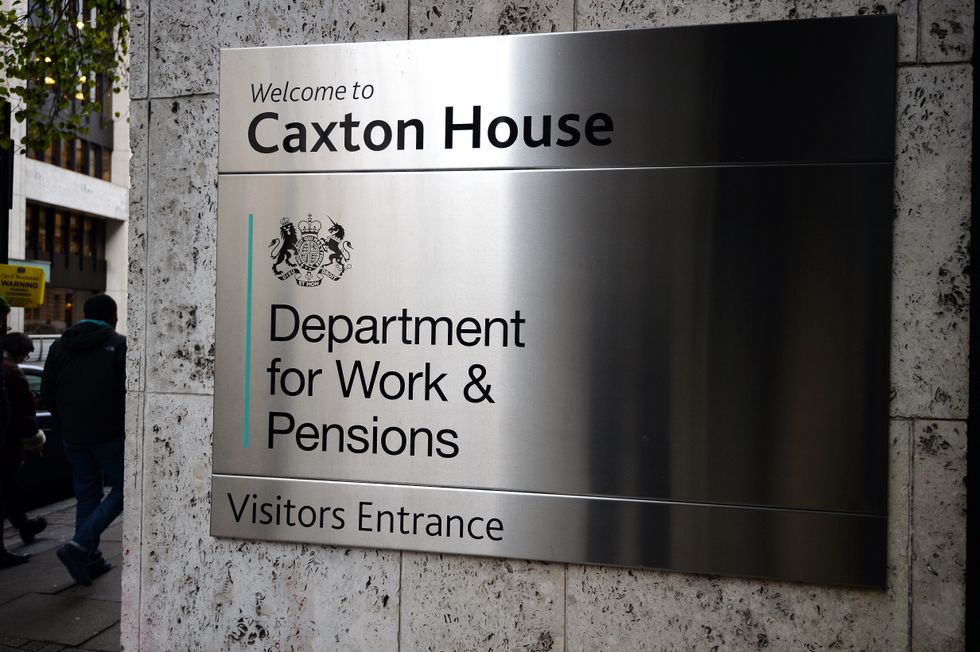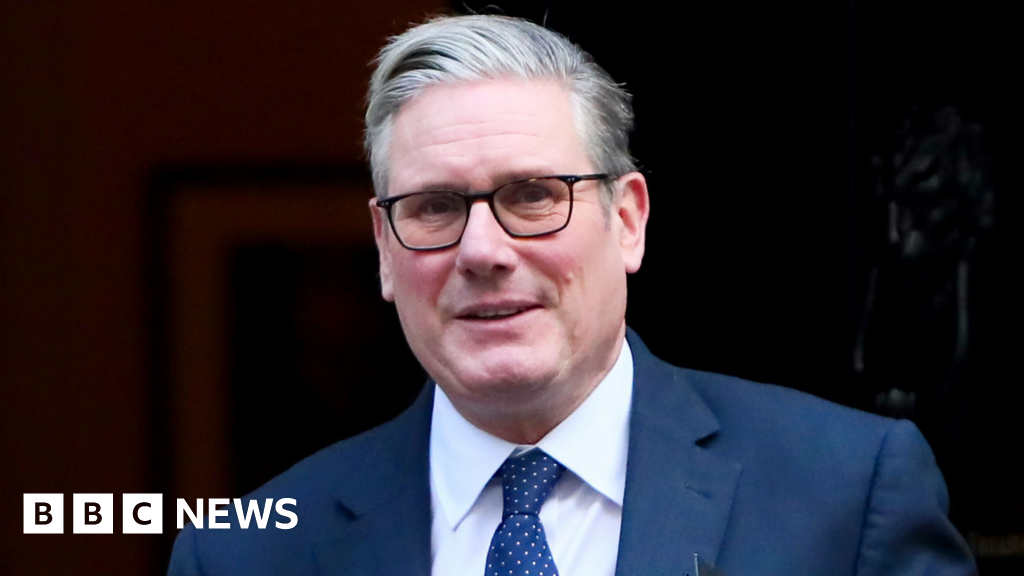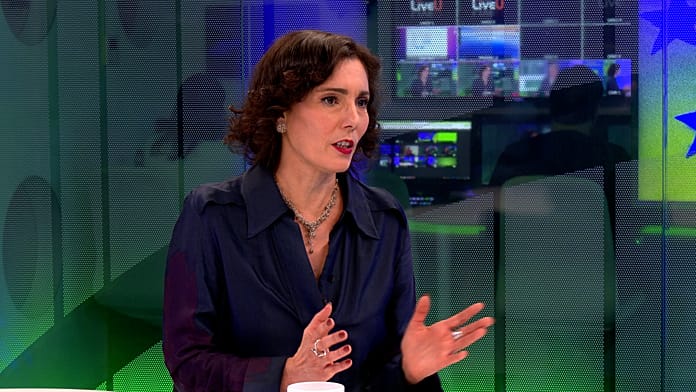Universal Credit payments blocked for 184,000 people after DWP action
Thousands of benefit claimants have lost out on payments after failing to move to Universal Credit ahead of the deadline from the Department of Work and Pensions (DWP).Universal Credit has slowly been introduced across the UK to replace six older types of benefits and tax credits - also known as legacy benefits. However, the process isn’t automatic, so the DWP has warned those migrating to the new system to actively apply or risk missing out on their payments. Now, figures released by the ministerial department show that between July 2022 and March 2024, over 800,000 migration notices were sent out - each with a deadline of three months.Of those people, 184,120 individuals failed to make the switch to Universal Credit - losing their benefit payments as a result. Financial experts have highlighted the potentially dire effects of numerous blockages. Tax expert Andy Wood said: “According to a recent update from the DWP, 824,050 individuals in 540,070 households received migration notices between July 2022 and March 2024 across England, Wales, and Scotland. The vast majority (821,430) were tax credit claimants.” He explained that the new system is replacing six legacy benefits - Working Tax Credit, Child Tax Credit, Housing Benefit, income-related Employment and Support Allowance (ESA), Income Support, and income-based Jobseeker's Allowance (JSA).MONEY LATEST:Inheritance tax: 'The one effective strategy' which can save you tens of thousands off your billRachel Reeves warns 'there's not a huge amount of money' after assessing UK's financesBritish Gas, Octopus, E.on and Scottish Power customers to save £300 a year with GB EnergyOther benefits, such as Personal Independence Payment (PIP), will stay the same.“The termination of benefits for 184,000 claimants highlights the critical need for a more empathetic and supportive approach in the Universal Credit rollout. Many of these individuals are likely facing significant challenges and the DWP must prioritise their wellbeing over meeting migration targets. The primary goal should be ensuring that no one is left without essential support,” Wood said.“The DWP's ability to manage the migration of claimants from legacy benefits to Universal Credit is concerning, especially for those vulnerable. The loss of benefits for many individuals is unacceptable, and the DWP must provide comprehensive support to ensure a smooth transition,” he concluded.A DWP spokesperson said: “The vast majority of Tax Credit customers have successfully moved to Universal Credit. "There is a range of support to help people move, including dedicated helplines, extensions and transitional protection for those who need it.“Universal Credit is having a sustained positive impact on the jobs market, with people on Universal Credit more likely to be in work within three, six and nine months of their claim.”Current DWP plans will see all households claiming these older benefits move across to Universal Credit by the end of 2024.This month, approximately 90,000 letters will be sent out to those who need to make the switch.


Thousands of benefit claimants have lost out on payments after failing to move to Universal Credit ahead of the deadline from the Department of Work and Pensions (DWP).
Universal Credit has slowly been introduced across the UK to replace six older types of benefits and tax credits - also known as legacy benefits.
However, the process isn’t automatic, so the DWP has warned those migrating to the new system to actively apply or risk missing out on their payments.
Now, figures released by the ministerial department show that between July 2022 and March 2024, over 800,000 migration notices were sent out - each with a deadline of three months.

Of those people, 184,120 individuals failed to make the switch to Universal Credit - losing their benefit payments as a result.
Financial experts have highlighted the potentially dire effects of numerous blockages.
Tax expert Andy Wood said: “According to a recent update from the DWP, 824,050 individuals in 540,070 households received migration notices between July 2022 and March 2024 across England, Wales, and Scotland. The vast majority (821,430) were tax credit claimants.”
He explained that the new system is replacing six legacy benefits - Working Tax Credit, Child Tax Credit, Housing Benefit, income-related Employment and Support Allowance (ESA), Income Support, and income-based Jobseeker's Allowance (JSA).
MONEY LATEST:
- Inheritance tax: 'The one effective strategy' which can save you tens of thousands off your bill
- Rachel Reeves warns 'there's not a huge amount of money' after assessing UK's finances
- British Gas, Octopus, E.on and Scottish Power customers to save £300 a year with GB Energy
Other benefits, such as Personal Independence Payment (PIP), will stay the same.
“The termination of benefits for 184,000 claimants highlights the critical need for a more empathetic and supportive approach in the Universal Credit rollout. Many of these individuals are likely facing significant challenges and the DWP must prioritise their wellbeing over meeting migration targets. The primary goal should be ensuring that no one is left without essential support,” Wood said.
“The DWP's ability to manage the migration of claimants from legacy benefits to Universal Credit is concerning, especially for those vulnerable. The loss of benefits for many individuals is unacceptable, and the DWP must provide comprehensive support to ensure a smooth transition,” he concluded.
A DWP spokesperson said: “The vast majority of Tax Credit customers have successfully moved to Universal Credit.

"There is a range of support to help people move, including dedicated helplines, extensions and transitional protection for those who need it.
“Universal Credit is having a sustained positive impact on the jobs market, with people on Universal Credit more likely to be in work within three, six and nine months of their claim.”
Current DWP plans will see all households claiming these older benefits move across to Universal Credit by the end of 2024.
This month, approximately 90,000 letters will be sent out to those who need to make the switch.







































